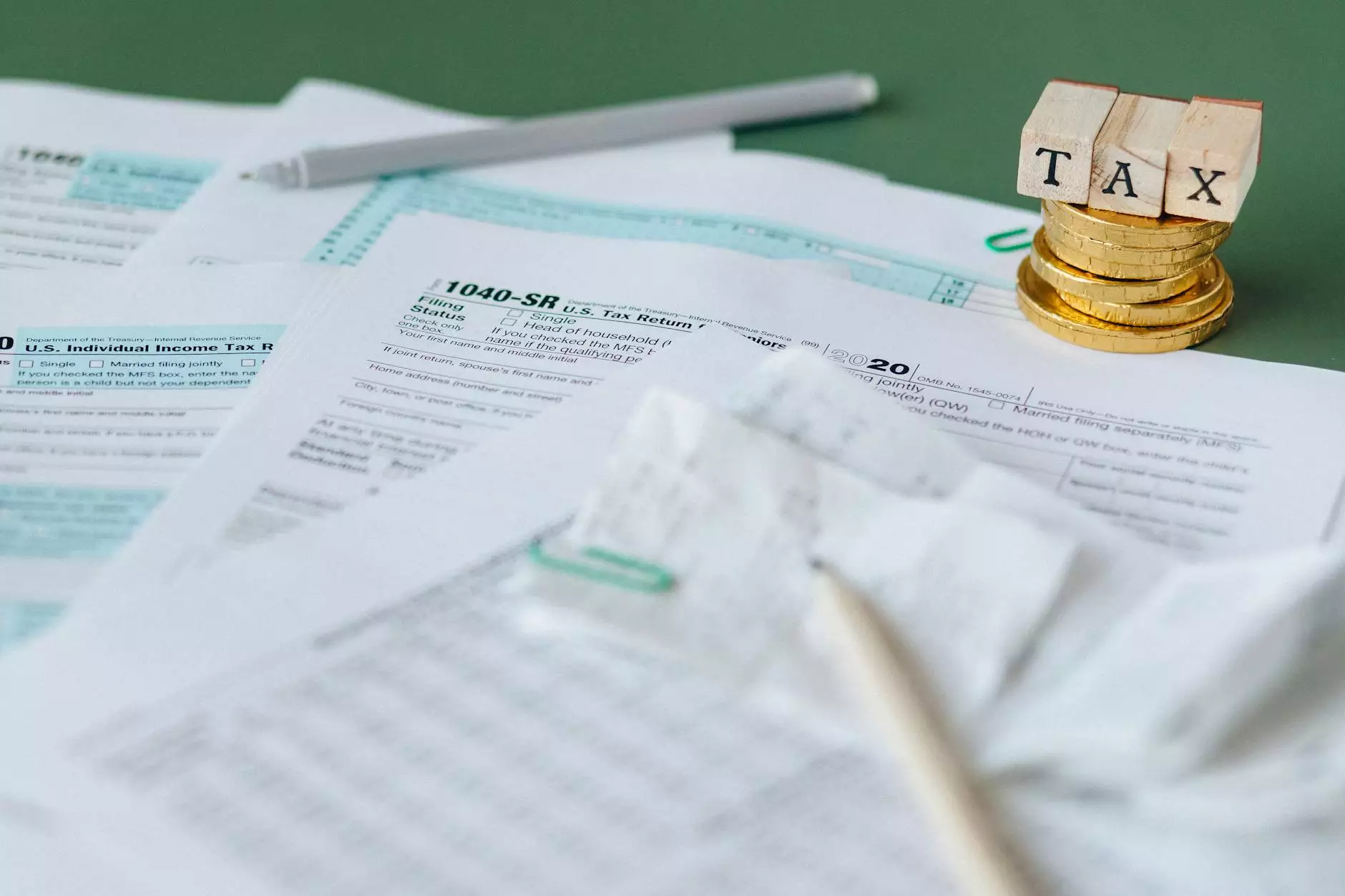Understanding GST on Rent

The world of taxation can often be daunting, particularly for those navigating commercial spaces and rental agreements. One such topic that frequently arises is is there GST on rent? In this article, we aim to illuminate this subject, providing extensive insights into the application of Goods and Services Tax (GST) on rental income. Understanding this tax is crucial for landlords, tenants, and businesses alike.
What is GST?
The Goods and Services Tax (GST) is a unified tax structure that replaced various indirect taxes in many countries, including India, Australia, and Canada. It is designed to streamline the taxation process, simplify compliance, and promote economic growth. GST is levied on the supply of goods and services, and it plays a significant role in the rental agreements as well.
Is There GST on Rent?
When pondering the question, is there GST on rent?, the answer largely depends on the type of property being rented and the nature of the rental agreement. Below, we break down these scenarios:
Residential vs Commercial Rent
One of the primary distinctions when considering GST on rent is between residential and commercial properties:
- Residential Rent: Generally, the rental of residential properties is exempt from GST. If you are a landlord renting out a house or an apartment, you typically do not need to charge GST to your tenants.
- Commercial Rent: Conversely, when it comes to commercial rentals, GST generally applies. If a property is rented for business purposes, the landlord is likely required to charge GST on the rent. This also provides the landlord with the ability to claim input tax credits on related expenses.
Understanding Input Tax Credits
For landlords in the commercial space, charging GST on rent allows them to benefit from input tax credits. Input tax credits enable landlords to deduct the GST they pay on their business expenses from the GST they collect on their rental income. This can lead to significant savings and increased cash flow. Understanding how this works is essential for anyone in commercial real estate.
Exceptions and Special Cases
While the general rule applies, there are exceptions and specifics worth noting:
- Mixed Use Properties: Properties that serve both commercial and residential purposes may have different GST implications. It's crucial to consult with a tax professional to navigate these complexities.
- Short-Term Rentals: With the rise of platforms like Airbnb, short-term lodging may be subject to GST, depending on local regulations.
How to Calculate GST on Rent
If you determine that GST applies to your rent, it’s essential to accurately calculate the tax amount. Here’s a simple approach:
- Determine the Rent Amount: Identify the total monthly rent before GST.
- Apply the GST Rate: In many regions, the standard GST rate may be around 10% to 15%. Multiply the rent amount by this rate.
- Add GST to the Rent: The total rent payable by the tenant will include both the base rent and the GST.
Benefits of Understanding GST on Rent
For property owners and tenants, understanding whether is there GST on rent can lead to several advantages:
- Better Financial Planning: Both landlords and tenants can budget more accurately when they understand tax obligations.
- Legal Compliance: Ensuring compliance with GST regulations can help avoid penalties and fines.
- Maximizing Benefits: Property owners can utilize input tax credits effectively, while tenants can factor in these costs into their overall expenditure.
Consulting a Tax Professional
The landscape of taxation can change frequently, and local laws may vary. For individuals or businesses asking is there GST on rent, engaging with a tax accountant could provide tailored advice. Professionals can assess individual situations, ensuring compliance and optimal financial strategies.
Conclusion
In conclusion, understanding the intricacies of GST on rent is vital for both tenants and landlords. The differences between residential and commercial properties can significantly impact financial implications. Always stay informed and consider consulting a tax expert to navigate your specific needs effectively.
Further Assistance
If you have more questions about GST or need help with accounting and tax services, feel free to reach out to us at Tax Accountants IDM. Our dedicated team is here to ensure you have the knowledge and support you need in your financial endeavors.









